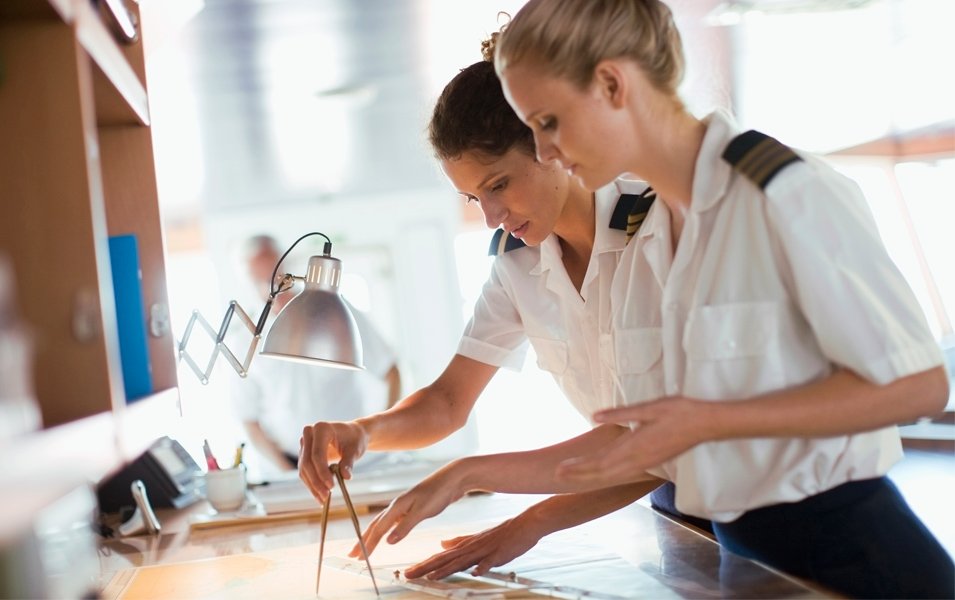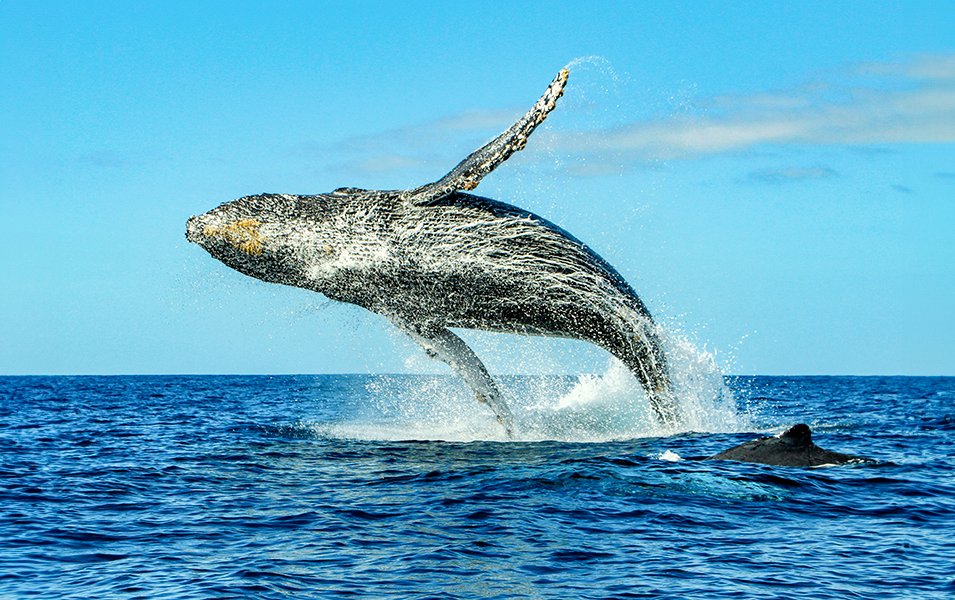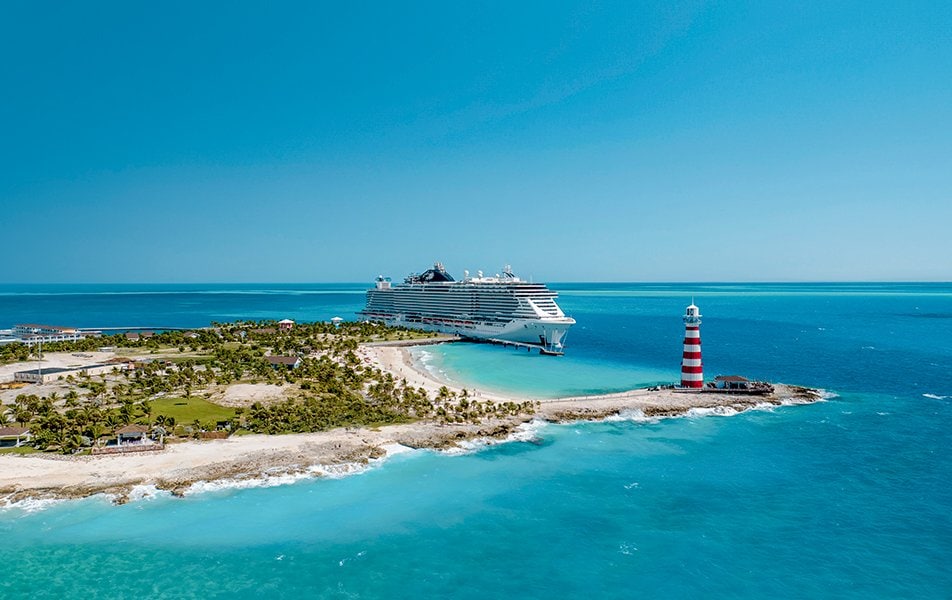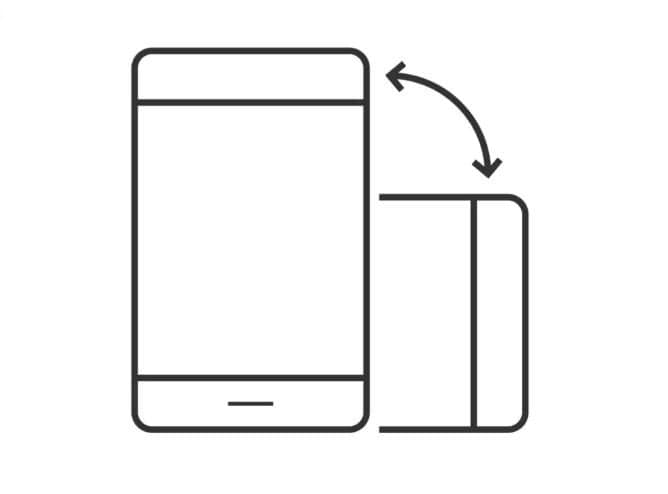PLANET
Commitment to environmental protection
This section focuses on the company’s commitment to environmental protection and pollution prevention. Promoting ocean diversity and playing our part in protecting the planet is critical to our business, and we are determined to play our role and contribute to global efforts. We identify and implement practices for pollution prevention as well as supporting initiatives that protect marine and plant ecosystems.
KEEPING EVERYONE SAFE AND SECURE
Onboard and onshore safety teams implement and monitor our SMS. Each ship’s Captain is ultimately responsible for safety onboard, supported by a full time Safety Officer Any work-related incidents, accidents or near-misses are reported via a digital platform, and these are reviewed each month by our senior management team, including a Board representative.
Quote from a safety officer: We want to keep everyone safe, and our aim is to identify and reduce risks before they happen.
We have an extensive Safety Management System (SMS) that is based on the International Safety Management Code and the ISO 45001 Occupational Health and Safety Standard and meets the safety regulations under the International Maritime Organisation (IMO) and the Maritime Labour Convention. External auditors review our SMS annually, both onboard and onshore, to make sure it is effective.
Onboard Security: Every ship operates an extensive security system to protect guests and crew. All visitors must show proof of identity, and we use x-ray, metal detectors and technology to detect traces of explosives as part of our security screening. Onboard luggage is screened, cabins have locks and individual safe boxes, and an advanced, certified CCTV system monitors public areas. Security guards onboard our ships receive rigorous training to improve their skills in monitoring ship security and have the expertise to respond to an emergency at any time.
Reducing cybercrime is another priority to ensure we protect against any breach, attack or incident. A dedicated online training programme is provided to all crew to help them familiarise themselves with the issues and appropriate response.
Passenger Safety: All passengers must take part in safety drills before boarding the ship and before its departure. Additional safety guidance is provided via a TV safety channel and cabin information posters. All passengers carry a cruise card or wrist band so they can be identified at an assembly point, to help us account for everyone in the case of a safety drill or emergency.
We check whether passengers are onboard or onshore via our Muster Evacuation Monitoring Protocol System. All children must always wear a MSC Cruises wristband and those under the care of our staff are also monitored.
Fire crews are present on all ships, having taken part in advanced firefighting training and are certified under the International Convention on Standards of Training, Certification and Watchkeeping for Seafarers (STCW). Fire patrols are conducted continuously every night, in addition to our onboard fire detection system.
On our newest ships, man overboard cameras and infrared detection systems are monitored 24/7 so we can respond immediately to an incident. All lifesaving equipment meet the relevant requirements, international rules and regulations, including Safety of Navigation and International Convention for the Safety of Life at Sea, and Life Saving Appliances Code.
Crew Safety Training: Before taking command of their ship, all our Captains participate in a pre-embarkation meeting to review safety records and any new processes, procedures or technical requirements. All crew members must complete at least five hours of safety training and pass a test before they can join a ship. Any specific safety-related duties will require extra training.
We provide Personal Protective Equipment for use by all crew as necessary. All onboard tasks that are considered risky have specific safety measures that must be put in place before work can start. If these requirements are not met, crew are expected to stop work and report it.
A team of travelling safety trainers, certified under the IMO ‘train the trainer’ requirements, deliver thousands of hours of onboard training each year, as well as conducting random audits and checks on safety drills. This helps us to maintain our high standards and update safety activities whenever necessary.
According to the ISM Code, all our ships are certified by respected classification societies, that regularly check our compliance with the relevant rules and regulations and apply any updates or improvements to our safety procedures.
Food Safety: Food safety is highly important, and we work hard to make sure that the food and beverages that we buy and serve onboard meet sustainable and professional standards. Our entire fleet and onshore sites (including offices and warehouse) are certified by Bureau Veritas as compliant with ISO 22000, considered the highest and most effective standard.
To maintain this, external auditors review more than 135,000 documents including procedures, logbooks, photos and videos of onboard food and beverage processes, in addition to over 1,000 internal audits each year.
We make thousands of food safety tests each year and provide many thousands of training on food safety to you. In addition, we evaluate our food and beverage suppliers for food safety compliance and provide over 10,000 hours of food safety training for our crew.
KEEPING EVERYONE SAFE AND SECURE

WHALE PROTECTION
We partner with Ocean Research & Conservation Association (ORCA) a charity that’s entirely dedicated to studying and protecting whales, dolphins and porpoises in the oceans. ORCA have developed a comprehensive ship strike mitigation training programme for the deck officers across the fleet to understand the whales they are encountering during their voyages and the best ways of reducing the risk of collision, which is not only limited to speed reductions. MSC bridge officers have access to the ORCA OceanWatchers app, to allow them to records sightings of whales and dolphins during their voyages.
To protect endangered sperm whales and OceanCare in the eastern Mediterranean Sea; we have rerouted our ships when they operate in this area between April and October. This follows discussions with the International Fund for Animal Welfare, Pelagos Cetacean Research Institute, OceanCare, and World Wide Fund for Nature Greece.
WHALE PROTECTION

MARINE CONSERVATION ON OCEAN CAY
Ocean Cay MSC Marine Reserve is not only a private island destination but is also home to the MSC Foundation’s Super Coral Programme.
Pioneering scientific collaboration and advanced research have identified coral genotypes known as ‘super corals’ which have evolved to better withstand thermal stress. At Ocean Cay, we're growing critically endangered coral in offshore nurseries to be planted across 64 square miles of the surrounding marine environment. These will be strategically planted to create hardier reefs, more resilient to the extreme heat events of climate change, known as ‘marine heatwaves’. A full-time Marine Research Programme Manager has been recruited to lead restoration activities on Ocean Cay and to support our broader biodiversity initiatives.
In recognition of the pioneering work done with some of the world’s leading marine biologists, Ocean Cay was formally designated a ‘Hope Spot’ by Mission Blue, the non-profit organisation promoting the protection of marine ecosystems. Ocean Cay joins Mission Blue’s global network of 154 Hope Spots: places recognised as critical to ocean health with the goal of achieving the status of MPA.
Please visit our MSC Foundation website for more information on their conservation programs.
MARINE CONSERVATION ON OCEAN CAY



